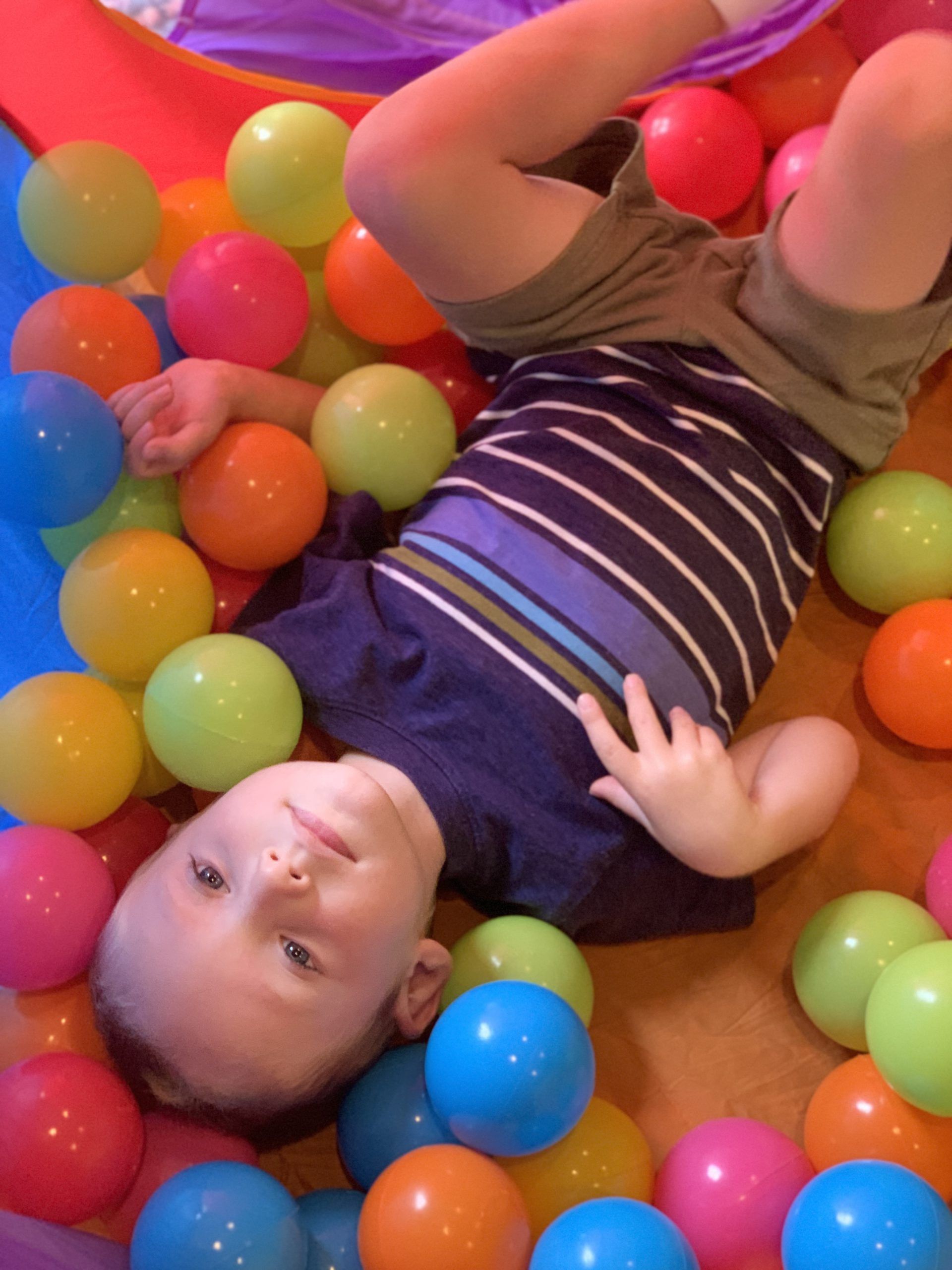A child’s cognition is like a flame that requires nothing more than a spark of fuel to light its surroundings. At such a tender age, when queries about the why, how, and then when of things are common, the correct kind of trigger may frequently lead to learning and comprehension.
To address these concerns, manufacturers have created educational toys that are scientifically sound, aesthetically pleasing, and often entertaining. So, what exactly are these playthings? Just what do they resemble? To what end do they serve? Would you say they are effective? We hope you can look at them in further depth with me on the benefits of educational toys.
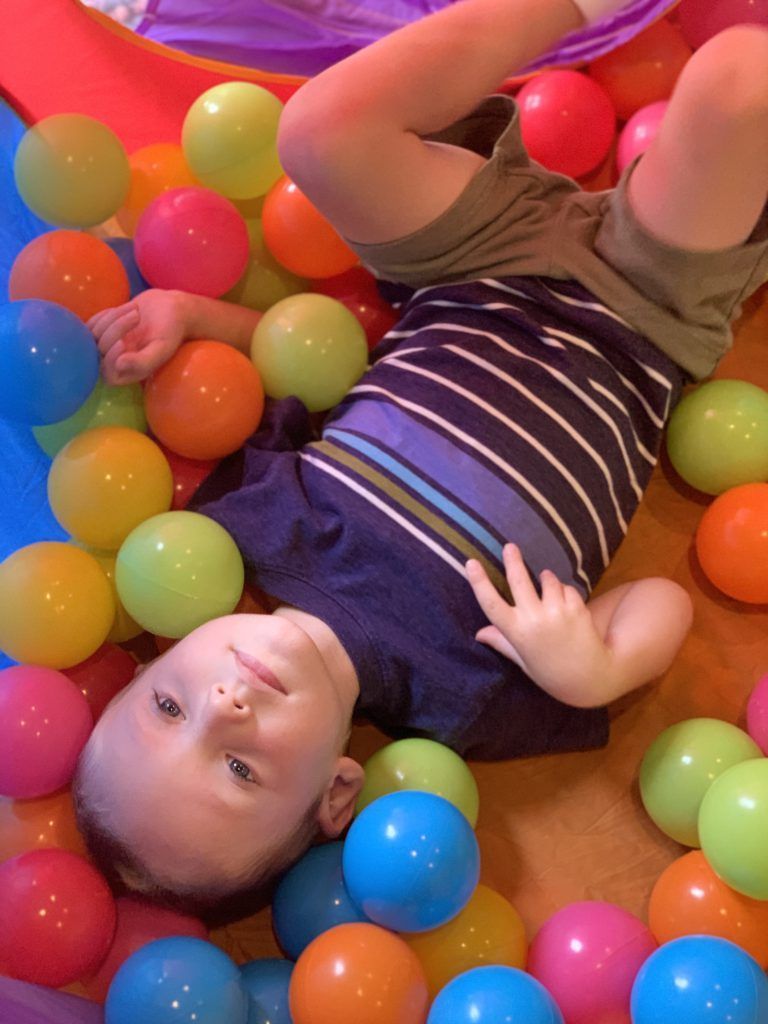
Contents
- 1 Educational Toys
- 2 Benefits of Educational Toys for Toddlers
- 2.1 1) Makes Education More Exciting
- 2.2 2) Motivate Kids to Use Their Imaginations
- 2.3 3) Helps in Thinking Beyond the Box
- 2.4 4) Acquire Practical Knowledge
- 2.5 5) Motivate Participation in Group Activities
- 2.6 6) Improve Hand-eye Coordination
- 2.7 7) By Fostering Communication and Collaboration, Educational Toys
- 2.8 8) Using an Educational Toy, Kids May Quickly Learn to Tell Time
- 3 Final Thoughts
- 4 References
Educational Toys
Toys and playthings that may be used to teach a child something are called “educational toys,” and they are widely available for children of all ages. Various forms of learning are encouraged via these tools since they are created to appeal to specific senses.
Most of the time, the designers of educational toys have a clear objective in mind, like passing on knowledge about a particular topic or helping a child master a specific skill.
Benefits of Educational Toys for Toddlers
Following are the benefits of educational toys for Infants and toddlers.
1) Makes Education More Exciting
Toddlers are known for their lack of focus. This means that the toys kids already have tended to lose interest quickly. Toys that teach are helpful in this context. They improve children’s learning by making it more enjoyable. In addition to keeping playing enjoyable, they teach kids essential life skills.

2) Motivate Kids to Use Their Imaginations
Kids may learn through the many possible configurations of educational toys like cubes and shapes. These toys foster fantasy and creativity in education and play for young kids.
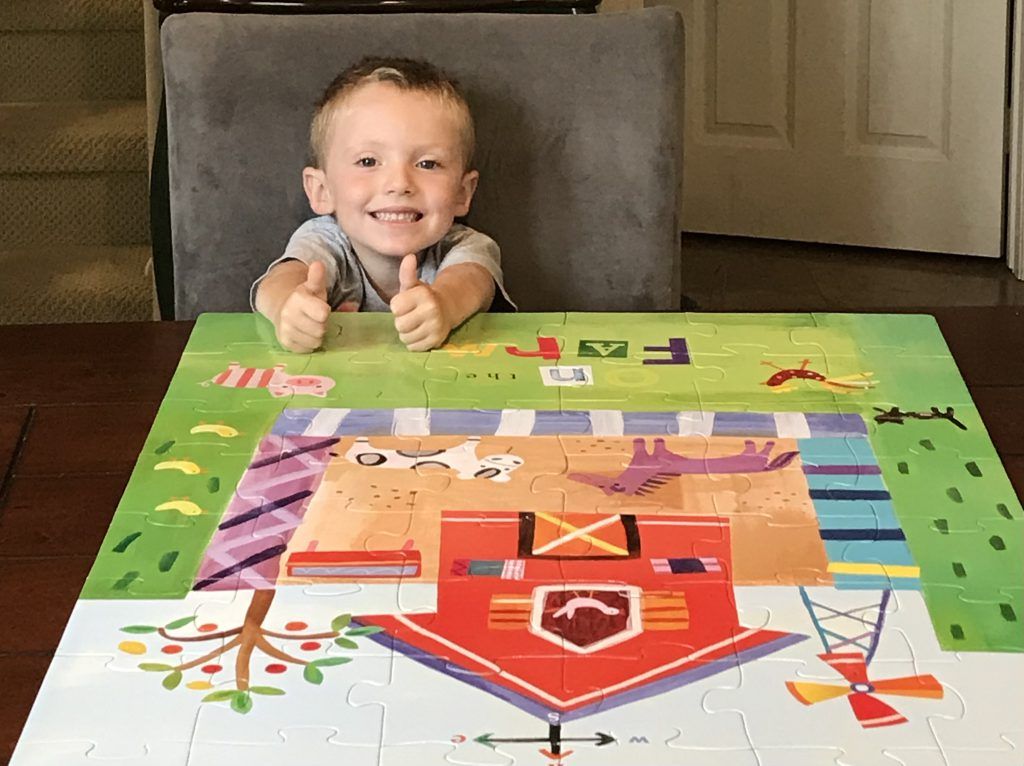
3) Helps in Thinking Beyond the Box
A children’s strategy of solving issues and logical-thinking abilities may be encouraged and fostered by playing with educational toys such as teasers or games that teach numerals, basic additions, and divisions.
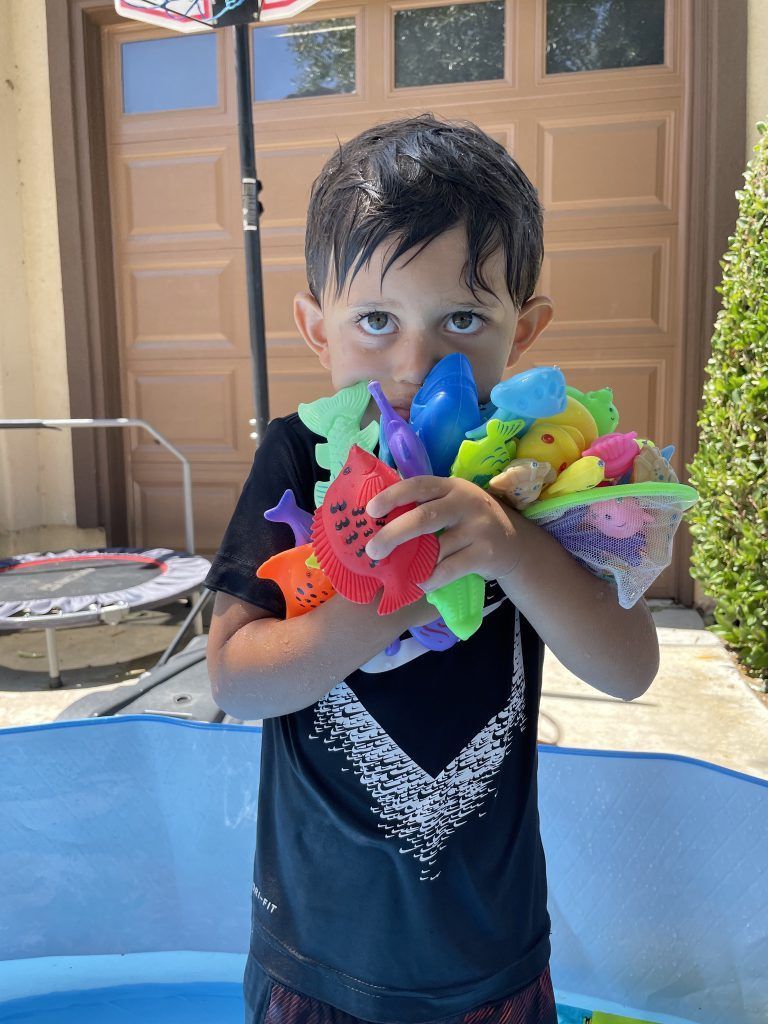
4) Acquire Practical Knowledge
When kids play make-believe, they often simulate severe scenarios. Toy grocery stores can include, for instance, electronic cash registers and playsets stocked with play food and home goods. There, kids may utilize their creativity to gain valuable life skills. Educational Toys Affect a Child’s Development too.
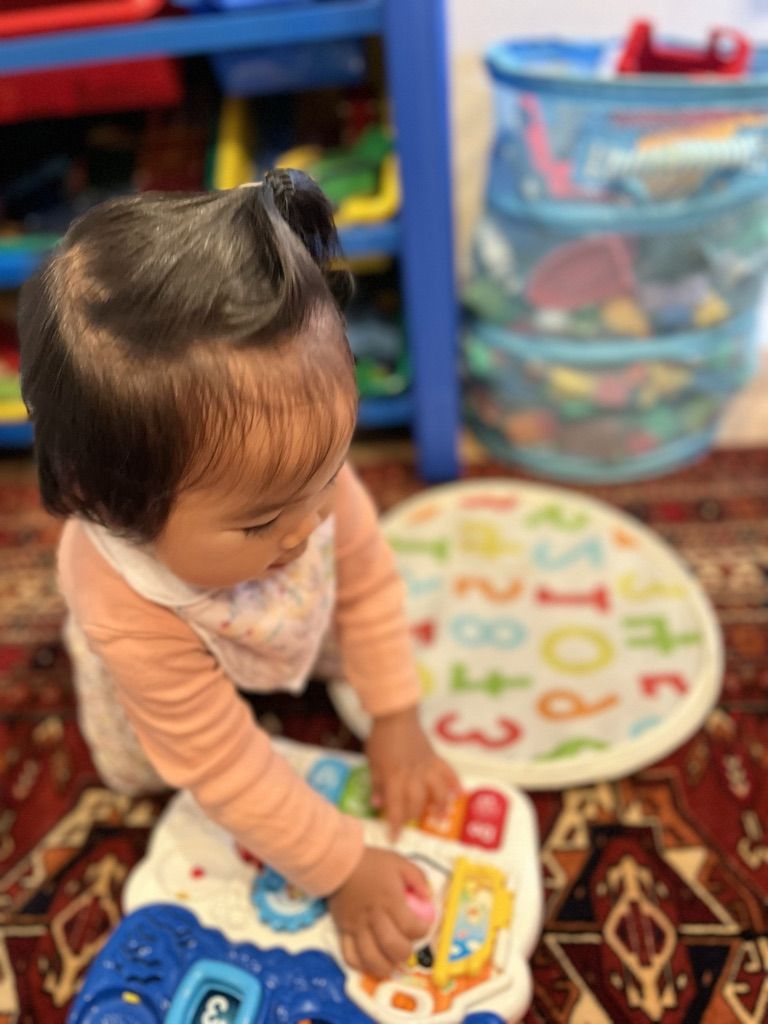
5) Motivate Participation in Group Activities
Even if there are benefits to living in a digital environment, there are drawbacks, particularly for children, due to increased time spent in front of devices. With the proliferation of digital devices and educational approaches, it’s easier than ever for kids never to learn how to communicate with others face-to-face.
Thankfully, various educational toys promote play and contact with other children, allowing kids to practice social skills, including making friends, having meaningful discussions, and building great connections.
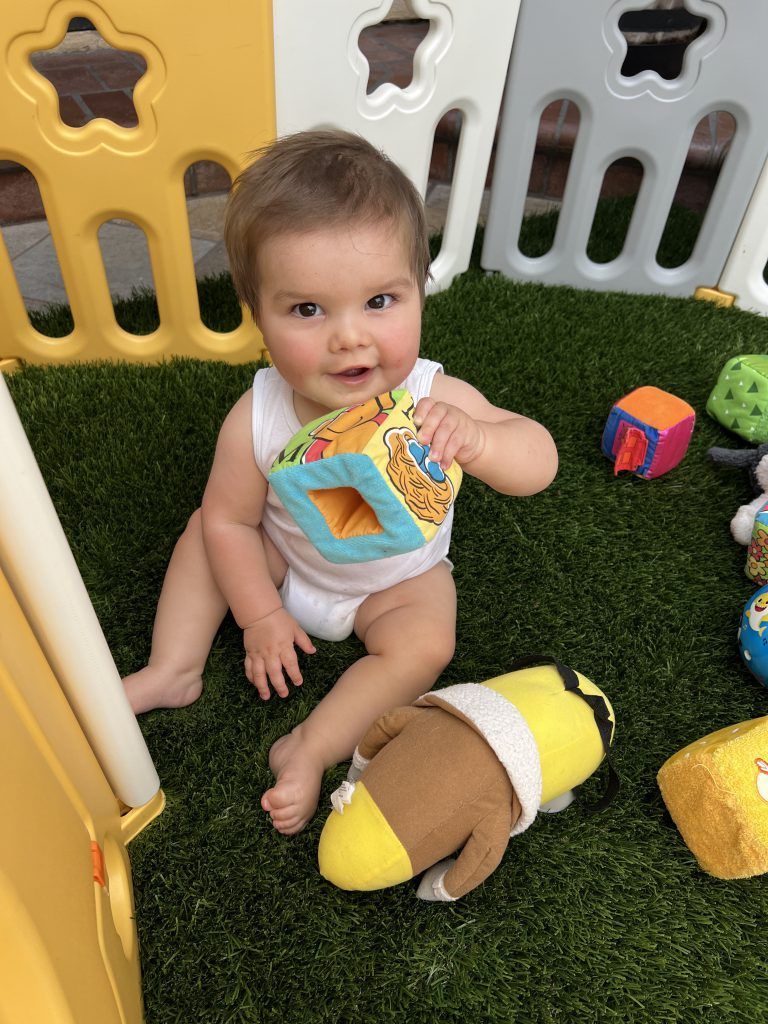
6) Improve Hand-eye Coordination
A child’s ability to coordinate their hands and eyes is crucial to their overall growth and development. Training a child’s hand-eye coordination is essential because it prepares them to use their eyes to track and synchronize the action of their hands, which is crucial for tasks like sketching, handwriting, and learning. Educational Toys Affect a Child’s Development differently.
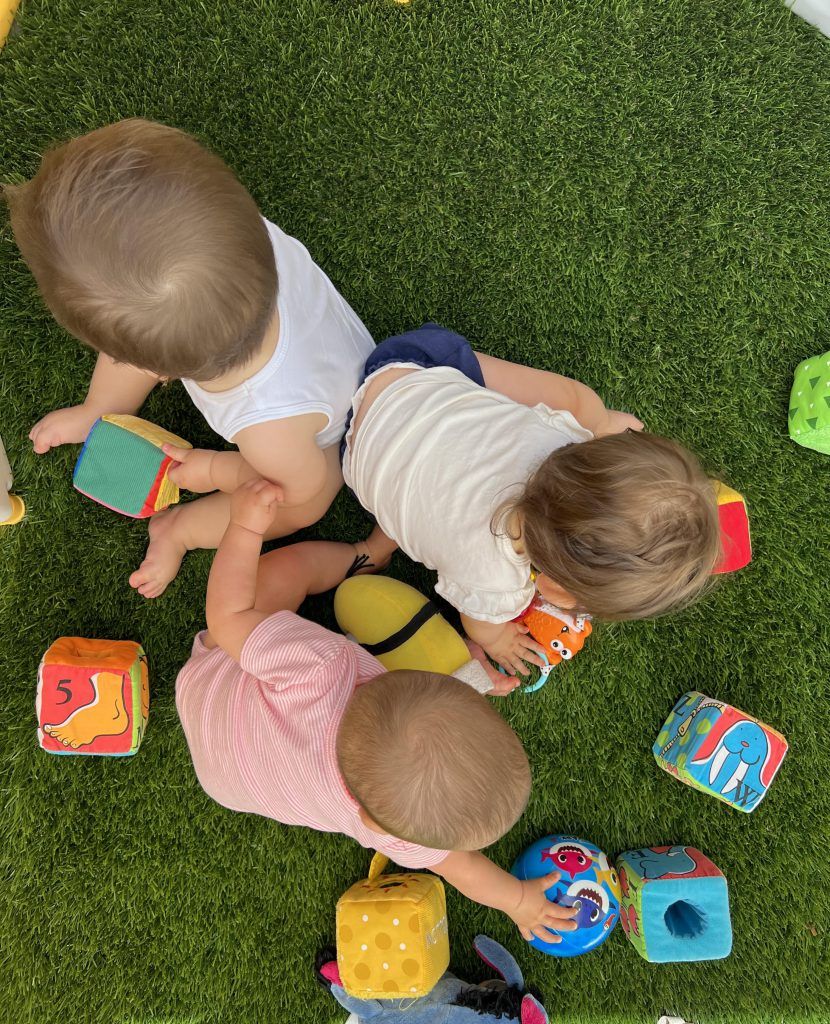
7) By Fostering Communication and Collaboration, Educational Toys
Children generally prefer to involve other people in their play while using educational toys, and they utilize their ideas and mimic real-life situations. Interaction can be fostered through shared play with grandparents, sisters, or companions. The parents can learn more about their child’s preferences and personal qualities.
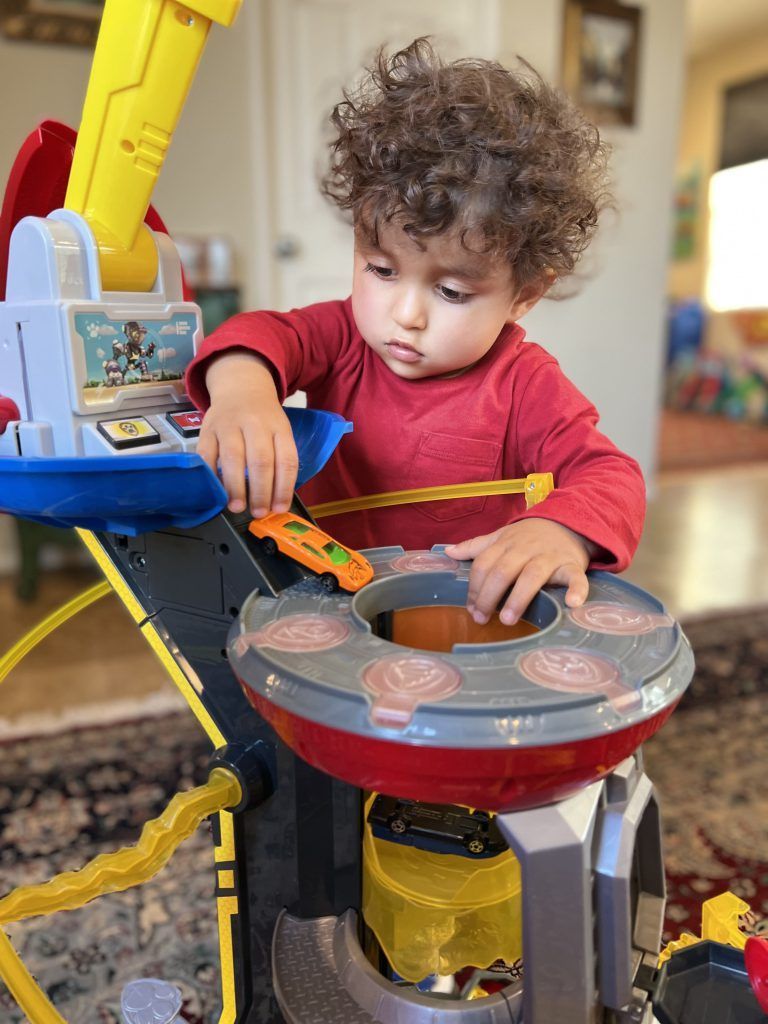
8) Using an Educational Toy, Kids May Quickly Learn to Tell Time
There are many reasons why parents should invest in educational toys for their children. Tools like a clock or watch can aid in developing a child’s ability to tell time and understand its significance.
Kids must learn to read digital clocks instead of analog ones since they’re being taught the former in many classrooms nowadays. Having your youngster assist you in setting up a toy clock is a simple way to give them some agency over the device.
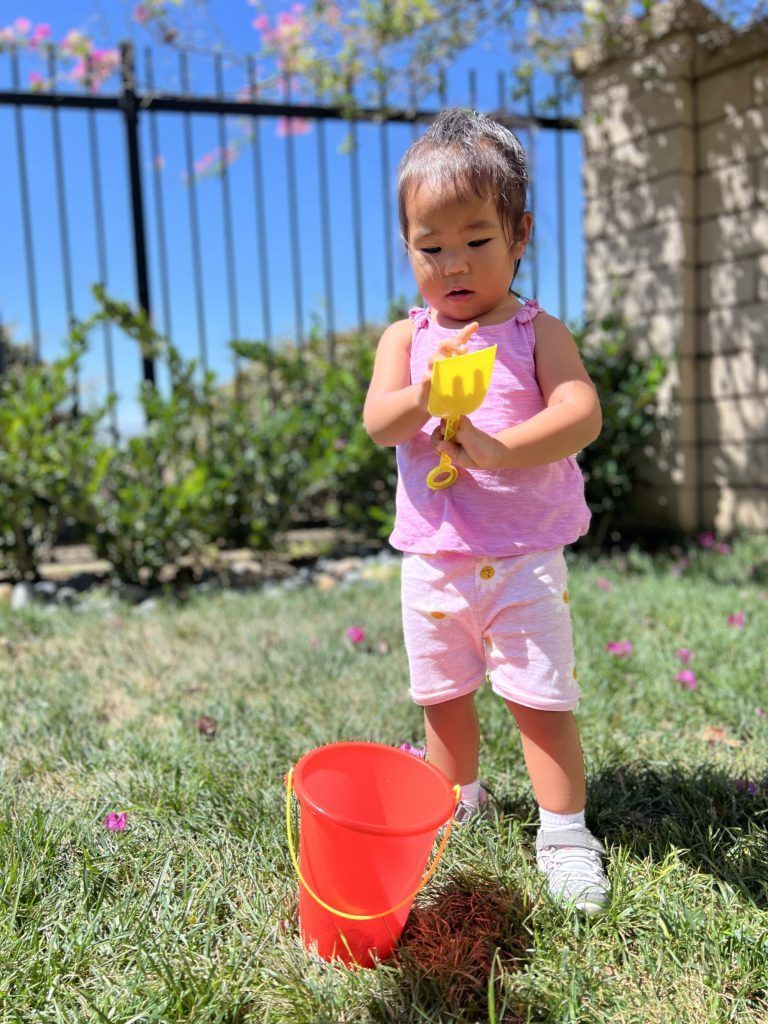
Final Thoughts
Children’s imaginations can be sparked partly by the variety of shapes, colors, and materials used to make educational toys. Toys that can be rearranged into different forms are a great way to teach kids about the processes of producing a wide range of objects. However, it is the responsibility of parents to select age-appropriate educational toys for their children.
Little toddlers will be fascinated by brightly colored toys, while older youngsters will be intrigued by more difficult toys like wooden puzzles. Children’s growth is greatly aided by playing with educational toys, but that’s not the only perk. This piece will describe how educational toys may help your kid grow and learn.
Want to Hear From Us? Enter your email and sign up now!
References
Pradeep, (-,-), How Do Educational Toys Benefit A Child? Being the Parent.
https://www.beingtheparent.com/educational-to
Fiesta crafts, (-,2022), Benefits of Educational Toys and Which to Buy, Fiesta crafts.
https://www.fiestacrafts.co.uk/blog/article.php?DOC_INST=2
Riya Sander, (Aug 27, 2019), 6 Benefits of Educational Toys for Kids’ Development, playground professionals.
https://playgroundprofessionals.com/play/toys/6-benefits-educational-toys-kids-development


